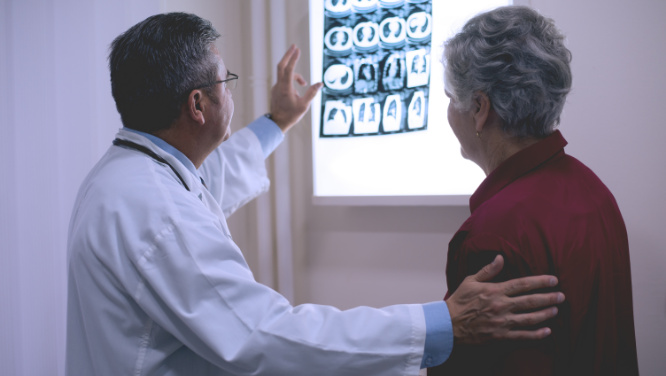Microbiology
Microbiology
Microbiology
At the Microbiology Department of Anadolu Medical Center; we provide services to identify diseases caused by microbes, to find which microbe is responsible for a disease or a symptom, to propose medications or strategies for treatment, and to take measures to protect other people from these diseases.
Clinical Microbiology Laboratory sub-branches
Clinical microbiology has four sub-branches, namely clinical bacteriology, clinical virology, mycology and parasitology. Below are the functions of each sub-branch of the clinical microbiology laboratory which deals with different types of microbes:
Clinical Bacteriology Laboratory
It works to identify “pathogenic” bacteria that cause infections humans. To this end, samples obtained from various parts of the human body are held in various -bacterium- media and pathogenic bacteria are produced in the laboratory. Then, the sensitivity of these bacteria to certain types of antibiotics is determined so that doctors can “hit the bull’s eye” in the treatment of the disease. In some cases, even the identification of the pathogenic microbe can be sufficient for that purpose.
Clinical Virology Laboratory
It identifies viruses that cause diseases in humans. Viral diseases cannot be treated in the same way as bacteria are treated by antibiotics. The diagnostic purpose in these diseases often has different meanings. As an example, we can speak of two viral diseases that have caused “pandemic”, i.e. epidemic in the world. Influenza, i.e. flu virus and HIV/AIDS. Recently, very special virology techniques have been used for the treatment of the flu virus that causes widespread infection in the world, tracking its distribution, and ultimately, diagnosis and treatment of patients with certain risks, and these techniques are broadly used in the diagnosis of viral diseases. HIV/AIDS is a virus regarded to be still pandemic, and is spreading in the whole world, and laboratory diagnosis is often made not by showing the virus itself, but the antibodies, i.e. substances produced by the body in response to the virus.
Mycology
Mycology is the branch of science concerned with the study of fungi. Fungi that we encounter at several places in nature cause diseases which are hard to and take a long time to treat. Fungi in our head, body and nails are the best examples. Clinical Mycology identifies these fungi and proposes appropriate medications. Furthermore, in organ transplantation, severe fungal infections may occur in the body as a result of “immune suppression” artificially invoked in order for the body to accept the foreign organ. To identify these conditions, microbiology laboratory again takes part, sometimes with sophisticated techniques.
Parasitology
Parasitology is the branch of science concerned with the study of parasites that cause diseases in humans. Parasites like taenia (tapeworm) causing bowel infections, “blood” parasites causing malaria, or parasites like trichomonas transmitted by sexual intercourse, and even parasites like scabies transmitted to humans by the skin are covered by the field of study of this specialty. In addition, very special parasites found in different geographies and climates which were once only the problem of their own geographies have now become global due to increased traveling, and are now within the diagnostic capacity of every microbiologist.
Microbiology
Assoc. Prof. Melda Özdamar

We listen to your opinions and suggestions to further enhance our service quality.

You can fill out the form to get a second doctor's opinion on the results of your tests, the diagnosis of your illness, and the treatment options we offer you.

You can receive the healthcare services you need at your home. Please fill out the form for home healthcare services.
Featured Articles
- 6 Nutrition Tips for Those Who Fast
- What is Disease X (Virus X)?
- How Does Cancer Form?
- What is an Ovarian Cyst?
- What is Cervical Cancer?
- What Are the Symptoms and Treatment Methods of Testicular Cancer?
- Symptoms, Diagnosis, and Treatment Process of Bladder Cancer
- Liver Cancer
- What is Stomach Cancer? What are Its Symptoms and Treatment?
- Thyroid: What is it, Symptoms, Diagnosis, and Treatment






